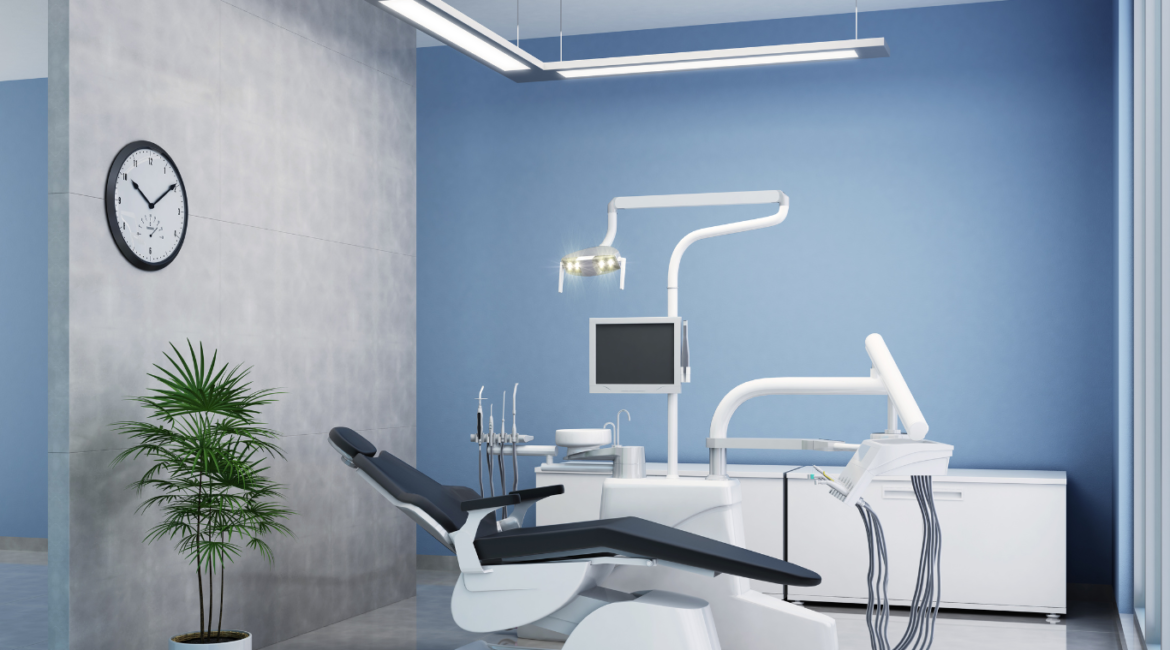Dental emergencies can happen at any time and require immediate attention to prevent serious complications and alleviate pain.
In this article, we will discuss common situations that require emergency dental care, steps to take in the event of a dental emergency, and tips to avoid such situations.
What is Emergency Dental Care?
Emergency dental care refers to the immediate treatment required to address severe dental issues that cannot wait for a regular dental appointment. This type of care is crucial for preventing further damage, alleviating severe pain, and ensuring the health of your teeth and gums.
Accidents can happen at any time, and they often result in unexpected dental injuries. These might include knocked-out teeth, chipped or fractured teeth, severe toothaches, lost fillings or crowns, and abscesses. Such situations require immediate attention to prevent complications and to relieve pain.
If an accident happens and you sustain damage to your teeth, it’s essential to book an emergency dental appointment. Ignoring these issues can lead to more severe problems, such as infections that can spread to other parts of your body or result in permanent tooth loss.
In cases requiring immediate attention, most dental clinics will see you within 24 hours of your call. This prompt response is vital for saving teeth that have been knocked out, preventing infections, and managing pain effectively. When you contact a dental clinic for an emergency appointment, they will typically assess the urgency of your situation over the phone and schedule you for the soonest possible visit that aligns with your schedule.
Emergency dental care is designed to provide swift and effective solutions to critical dental problems.

What Constitutes a Dental Emergency?
A dental emergency typically involves sudden and severe pain, bleeding, or injury to the teeth, gums, or mouth.
Here are some common scenarios that necessitate urgent dental care:
Severe Toothache
Intense, persistent tooth pain that doesn’t subside with over-the-counter pain medication may indicate an underlying issue such as an infection or abscess.
Chipped or Broken Teeth
If a tooth is broken or chipped due to trauma, it is crucial to seek immediate care to prevent further damage and infection.
Knocked-Out Tooth
A knocked-out tooth requires quick action. If handled properly and reimplanted soon enough, the tooth might be saved.
Lost Filling or Crown
When a filling or crown falls out, it can expose the tooth to damage and decay, necessitating prompt dental attention.
Abscess
An abscess is a serious infection that occurs at the root of a tooth or between the gum and a tooth. It can cause severe pain, swelling, and fever, and requires urgent treatment.
Soft Tissue Injury
Injuries to the lips, gums, or tongue that cause significant bleeding or pain should be treated immediately.
Steps to Take in a Dental Emergency
In the event of a dental emergency, taking the right steps can make a significant difference in the outcome. Here are some actions to consider:
Contact Your Dentist
Call your dentist immediately to explain the situation and get advice on the next steps. Many dental practices have emergency slots or can provide guidance on where to go.
However, if your dentist’s office is closed when tooth pain develops, you should go to your nearest emergency room, where the ER staff can help ease your symptoms until you can see your dentist.
Manage Pain and Swelling
Use over-the-counter pain relievers like ibuprofen to manage pain. Apply a cold compress to the affected area to reduce swelling.
Preserve the Tooth
If a tooth is knocked out, handle it by the crown (not the root), rinse it gently, and try to reinsert it into the socket if possible. If that’s not possible, store it in milk or a saline solution until you can see a dentist.
Stop the Bleeding
For soft tissue injuries, rinse your mouth with warm salt water and apply gentle pressure with gauze or a clean cloth to stop the bleeding.
Avoid Further Damage
Avoid eating hard or sticky foods and try not to use the damaged tooth until you can get professional help.

Preventing Dental Emergencies
While not all dental emergencies can be prevented, taking good care of your teeth and gums can significantly reduce the risk. Here are some preventive measures:
Maintain Good Oral Hygiene
Brush your teeth twice a day, floss daily, and use mouthwash to keep your teeth and gums healthy.
Regular Dental Check-Ups
Regular visits to the dentist can help detect and treat potential issues before they become emergencies.
Wear a Mouthguard
If you play contact sports, wearing a mouthguard can protect your teeth from trauma.
Avoid Using Teeth as Tools
Don’t use your teeth to open packages or bottles, as this can lead to chips and breaks.
Be Mindful of What You Eat
Avoid chewing on hard objects like ice or hard candy, which can crack your teeth.
Modern Day Dental – St Johns, FL
Understanding when emergency dental care is needed and knowing how to respond can help prevent serious complications and ensure the best possible outcome. By maintaining good oral hygiene and taking preventive measures, you can minimize the risk of dental emergencies.
If you are seeking expert dental care and are located in or around St. Johns Florida, consult with the experts at Modern Day Dental to help maintain optimal oral health. We use the latest, cutting edge technology to make dental procedures as smooth, fast and painless as possible.

